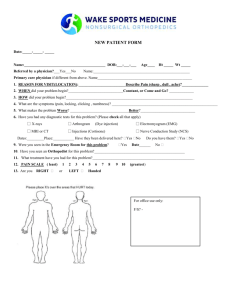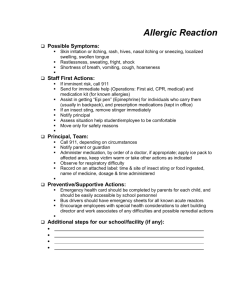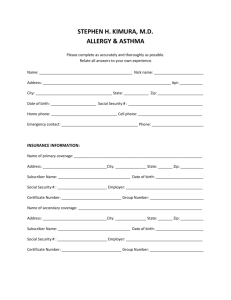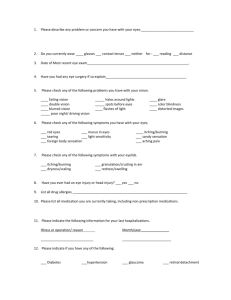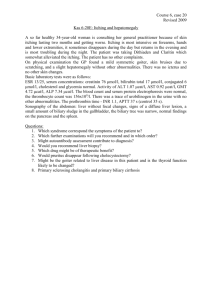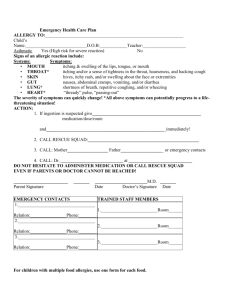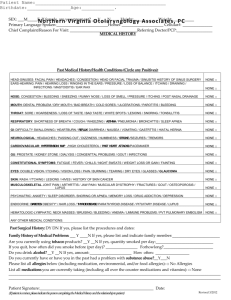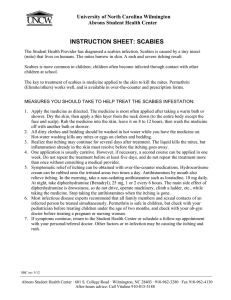How to prevent itching caused by your medicines - Provider
advertisement
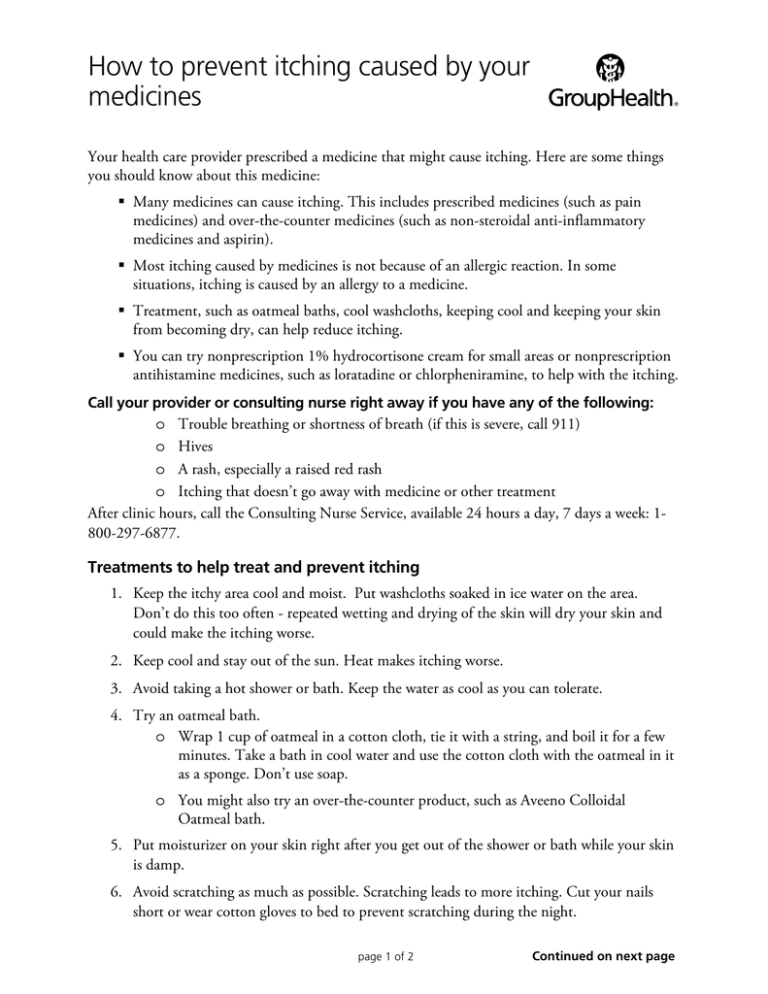
How to prevent itching caused by your medicines Your health care provider prescribed a medicine that might cause itching. Here are some things you should know about this medicine: Many medicines can cause itching. This includes prescribed medicines (such as pain medicines) and over-the-counter medicines (such as non-steroidal anti-inflammatory medicines and aspirin). Most itching caused by medicines is not because of an allergic reaction. In some situations, itching is caused by an allergy to a medicine. Treatment, such as oatmeal baths, cool washcloths, keeping cool and keeping your skin from becoming dry, can help reduce itching. You can try nonprescription 1% hydrocortisone cream for small areas or nonprescription antihistamine medicines, such as loratadine or chlorpheniramine, to help with the itching. Call your provider or consulting nurse right away if you have any of the following: o Trouble breathing or shortness of breath (if this is severe, call 911) o Hives o A rash, especially a raised red rash o Itching that doesn’t go away with medicine or other treatment After clinic hours, call the Consulting Nurse Service, available 24 hours a day, 7 days a week: 1800-297-6877. Treatments to help treat and prevent itching 1. Keep the itchy area cool and moist. Put washcloths soaked in ice water on the area. Don’t do this too often - repeated wetting and drying of the skin will dry your skin and could make the itching worse. 2. Keep cool and stay out of the sun. Heat makes itching worse. 3. Avoid taking a hot shower or bath. Keep the water as cool as you can tolerate. 4. Try an oatmeal bath. o Wrap 1 cup of oatmeal in a cotton cloth, tie it with a string, and boil it for a few minutes. Take a bath in cool water and use the cotton cloth with the oatmeal in it as a sponge. Don’t use soap. o You might also try an over-the-counter product, such as Aveeno Colloidal Oatmeal bath. 5. Put moisturizer on your skin right after you get out of the shower or bath while your skin is damp. 6. Avoid scratching as much as possible. Scratching leads to more itching. Cut your nails short or wear cotton gloves to bed to prevent scratching during the night. page 1 of 2 Continued on next page 7. Wear cotton or silk clothing. Avoid wearing wool and acrylic fabrics next to your skin. 8. Use as little soap as possible. When you do use soap, use gentle soaps such as Aveeno, Cetaphil, or Dove. Don’t use deodorant soaps when you have a rash. 9. Try washing your clothes with a mild detergent such as Cheer Free & Gentle or Ecover. Rinse your clothes twice to remove all of the detergent. Avoid strong detergents with a heavy scent when you have a rash. 10. If stress seems to make your itching worse, try relaxation exercises several times during the day, particularly before going to bed. Using medicine to treat itching 1. Try a nonprescription 1% hydrocortisone cream for small itchy areas. o If your face or genitals itch, use the cream sparingly on those areas. o If itching is severe, ask your provider about prescribing a stronger cream. 2. Use a nonprescription antihistamine medicine such as loratadine (Claritin) 10mg once a day, or chlorpheniramine (Chlor-Trimeton) 4mg up to every 4 to 6 hours. Diphenhydramine (Benadryl) will cause more drowsiness than other antihistamines. Do not use this medicine if you’re 65 years or older without first talking with your provider. 3. Sometimes changing to a different pain medicine will lessen or stop the itching. Talk with your provider about this if you continue having itching with your pain medicine. 4. Check with your provider, nurse, or pharmacist before taking any herbal, naturopathic or homeopathic products for itching. We want to make sure there are no drug interactions or serious side effects that could happen. Rev. date 2011083 DA-3659 page 2 of 2 © 2011 Group Health Cooperative
